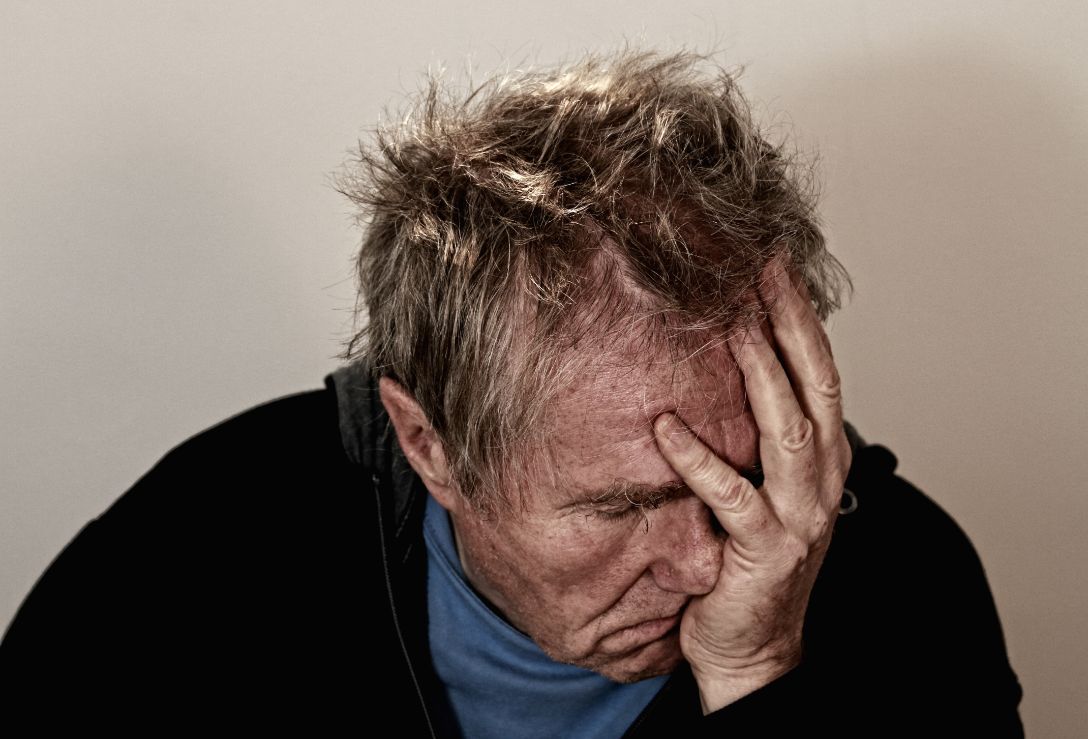
What are the Common Symptoms of Venlafaxine Withdrawal, and How to Cope?
Have you recently stopped taking venlafaxine, or are you considering it? If so, it is important to understand the withdrawal symptoms that may occur. Withdrawal symptoms can range in severity and may be difficult to cope with without help. In this blog post, we will discuss the common symptoms of venlafaxine withdrawal, how long they typically last, and how to handle them.
Read on to learn more about venlafaxine withdrawal and how to manage its symptoms.
Table of Contents:
What is venlafaxine withdrawal?
Venlafaxine, also known as Effexor, is an antidepressant medication prescribed to treat major depressive disorder, panic disorder, and anxiety. It belongs to a class of medications called selective serotonin and norepinephrine reuptake inhibitors (SSNRIs).

It works by increasing the levels of serotonin and norepinephrine, which are neurotransmitters that help regulate mood.
Withdrawal occurs when someone stops taking a drug after having taken it for a period of time. As the body becomes used to the drug, it starts to rely on it to function normally. When it is abruptly removed from the body, a range of physical and emotional withdrawal symptoms can occur as the body adjusts to functioning without the drug.
What are common symptoms of venlafaxine withdrawal?
Venlafaxine, also known as Effexor, is an antidepressant medication commonly used to treat depression and anxiety. However, like all medications, it can lead to withdrawal symptoms when stopped or reduced too quickly.
Common venlafaxine withdrawal symptoms include:
- Flu-like symptoms such as fever, chills, and body aches
- Headaches
- Nausea
- Dizziness
- Insomnia
- Irritability
- Anxiety
- Loss of appetite
- Restlessness

These symptoms usually begin within 1-3 days of stopping the medication and can last up to two weeks or longer. In some cases, the symptoms may be more severe.
If you experience any of these symptoms after stopping venlafaxine, it is essential to seek professional help from your healthcare provider. This will ensure proper care and management of the symptoms.
How to cope with venlafaxine withdrawal
Tapering off venlafaxine is the best way to avoid or minimize withdrawal symptoms. Tapering off involves gradually reducing the dosage of the medication over time. This gives the body time to adjust, thus minimizing any potential withdrawal symptoms. It is also important to note that taking a long break between doses of the medication can cause withdrawal symptoms.
In addition to getting professional care, there are several lifestyle modifications one can make in order to cope with venlafaxine withdrawal symptoms. Getting plenty of rest and trying to reduce stress levels as much as possible is recommended. Additionally, eating a balanced diet, taking regular exercise breaks, and engaging in relaxation activities such as meditation and yoga may also help to alleviate some of the symptoms.

With a combination of lifestyle changes and medical care, it is possible to safely manage venlafaxine withdrawal symptoms and ensure a safe recovery process.
Why consider getting professional help for withdrawal symptoms?
If you think you are experiencing withdrawal symptoms from venlafaxine, it is important to contact a doctor for professional advice and guidance. A doctor may be able to adjust your dosage or suggest alternative treatments.
It is essential to understand that venlafaxine withdrawal is an individual experience, and the length and severity of symptoms can vary significantly. Taking care of yourself and seeking professional help can help manage the side effects of withdrawal.
In some cases, these symptoms can persist much longer than expected if not managed properly. Medications such as anxiolytics (anti-anxiety medications) may be prescribed to manage some of the more severe withdrawal symptoms like anxiety and insomnia. In some cases, cognitive behavioral therapy (CBT) might be recommended to address more serious emotional distress related to discontinuation.
Outro
It is vital to seek professional care from a licensed and trained medical professional to properly manage your symptoms. In today’s digital age, mobile and remote healthcare providers have made treatment more accessible for people with busy schedules.
Professionals such as psychiatrists or mental health counselors may be able to provide helpful coping strategies in order to safely manage any withdrawal symptoms. Additionally, seeking emotional support during this process is recommended to reduce any potential stress associated with discontinuing this medication. Other treatments, such as medications or supplements, may be recommended depending on the severity of your case. Consulting with a healthcare professional can help you make the best decision regarding managing your venlafaxine withdrawal.
Detox Safely At Home With Elite Home Detox
With Elite Home Detox, you will be assigned a care coordinator to help keep you on-track to support your recovery. Once a custom rehabilitation plan has been developed between you and your expert team, one of our team members will come to your home and stay with you as you detox discreetly in the comfort of your own home.
Once detox is complete, we will work with you to create a practical and effective aftercare plan complete with ongoing recovery support. We can also help counsel friends and family on how they can best support you in taking this next step. We’re here and ready to help. Reach out to us for a custom consultation today!



 Harsh Brar is a Board Certified Family Nurse Practitioner specializing in addiction medicine and pain management. He holds a Master of Science in Nursing from Samuel Merritt University and ensures all Elite Home Detox clinical content aligns with current medical safety standards.
Harsh Brar is a Board Certified Family Nurse Practitioner specializing in addiction medicine and pain management. He holds a Master of Science in Nursing from Samuel Merritt University and ensures all Elite Home Detox clinical content aligns with current medical safety standards.